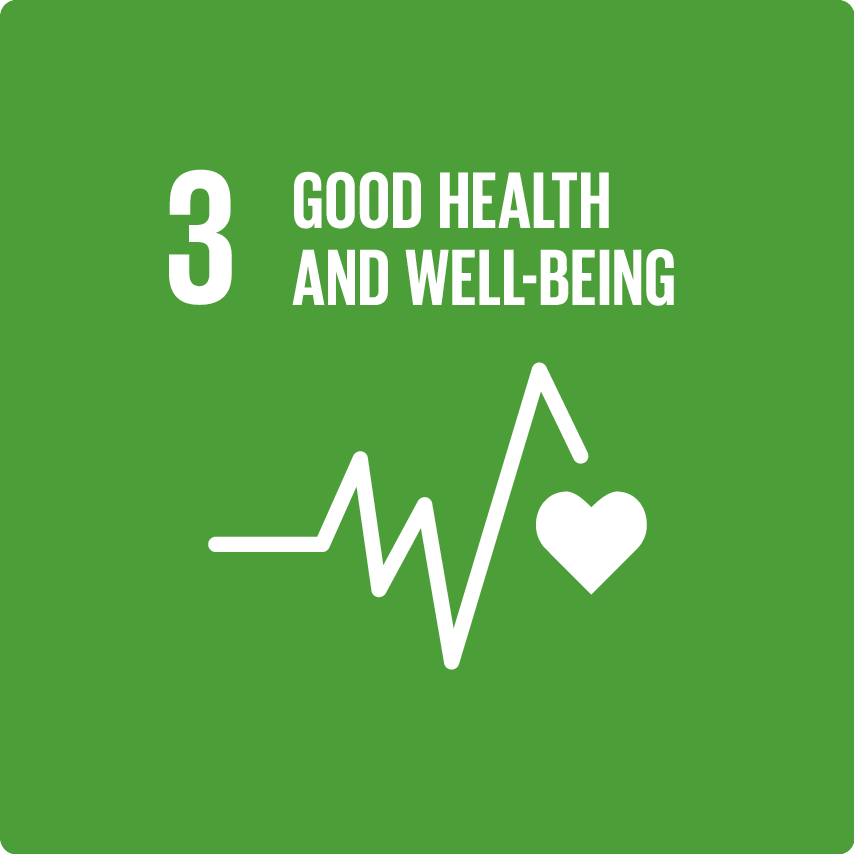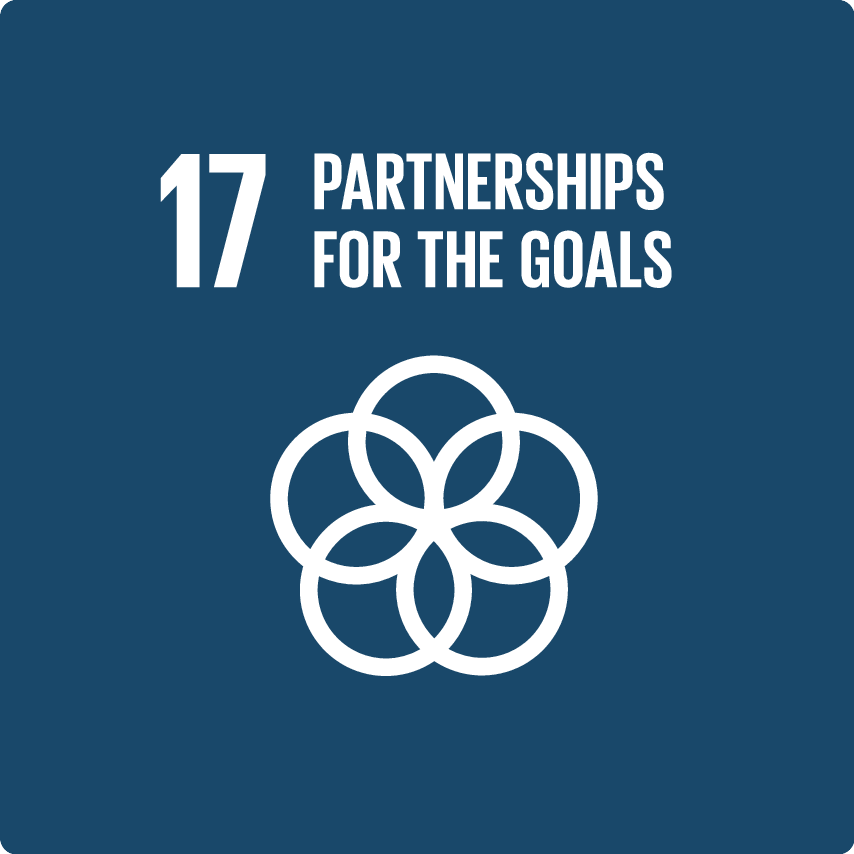Partnership with Baylor College of Medicine International Pediatric AIDS Initiative (BIPAI) to Support Children Affected by AIDS
Partnership with Baylor College of Medicine International Pediatric AIDS Initiative (BIPAI) to Support Children Affected by AIDS.
SEE ALL PARTNER ORGANIZATIONS
Objectives
- Reduce mortality, increase adherence and decrease rate of patients lost to follow up among children and families affected by HIV/AIDS in Romania and Malawi.
- Share best practices on prevention, care and treatment across the BIPAI Network to expand reach and scale.
Description of partnership activities and how they address needs and challenges
What began as a pilot program in Romania in 1995 has since become one of the world’s largest university-based program dedicated to pediatric HIV-AIDS care globally, providing care in six African countries and Romania.
Early in the program, the main challenge was proving that children living with HIV could be provided with and adhere to high quality care and treatment in resource-poor settings and show positive measurable results. The pilot project in the Romanian clinic that led to the development of the BIPAI model addressed this challenge, and deaths among children declined from 15 percent to 1 percent, providing the first proof of concept for offering large-scale effective HIV treatment to children in a limited resource setting.
BIPAI has now treated over 300,000 pediatric AIDS patients in sub-Saharan Africa and trained 52,000 health care professionals and is credited as the leading force behind reducing the number of pediatric AIDS cases in Africa from 650,000 in 2003 to less than 150,000 today.
Additionally, the Malawi and Romania Prevention of Mother-to-Child Transmission (PMTCT) program combines all the medical and psychosocial services provided at the clinic as well as community resources in order to achieve prevention of HIV transmission from mother to child.
The partnership between AbbVie and the AbbVie Foundation and BIPAI began in 2000 (AbbVie and AbbVie Foundation assumed the partnership following AbbVie’s separation from Abbott in 2013) with $25 million in cash grants and $30 million in product donations made to-date. Today BIPAI treats more than 300,000 children in over a dozen countries and remains one of the largest provider of pediatric HIV care and treatment in the world while continuing to expand its treatment of other conditions impacting the health and well-being of children and families worldwide.
Lessons learned
Despite prior lack of evidence that children with HIV/AIDS can be effectively cared for and treated in the developing world, this model program and its network of clinics are now successfully treating over 300,000 children, adolescents and their families living with HIV/AIDS.
Partnerships with governments, multilateral organizations, foundations and other donors are key to scaling-up and sustaining programs.
A long-term commitment and perspective are key to overcoming setbacks and enjoying successes in complex and large efforts, like helping BIPAI build and replicate its model in multiple countries.
Results and milestones
BIPAI Children’s Clinical Centers of Excellence Network now treats over 300,000 children, adolescents and their family members – the largest number of children with HIV in any treatment program worldwide.
75% of patients in Romania on ART have adherence of >95%, 80% of patients on ART in Malawi have adherence of greater than 95%.
Programs have increased awareness regarding prevention HIV at the community level by 30%.
Since 2004, AbbVie Foundation invested more than $12 million in Malawi to renovate two paediatric wards, and open a new paediatric haematology/oncology unit.
Providing core funding has been critical to supporting BIPAI Network operations supporting 6 African countries and Romania.
Geographic Reach
- Africa
- Americas
- Europe
- Western Pacific
Disease Area
- Infectious and Parasitic Disease
- Women’s and Child Health
- Non-communicable diseases
Target Population
- Youth
- Children
- Women
- Men
Partner organizations
Ministry of Health Botswana
Ministry of Health Colombia
Ministry of Health Kenya
Ministry of Health Lesotho
Ministry of Health Liberia
Ministry of Health Libya
Ministry of Health Malawi
Ministry of Health Mozambique
Ministry of Health Tanzania
Ministry of Health Uganda
US National Institutes of Health (NIH)
Centers for Disease Control and Prevention (CDC)
Ministry of Health Angola
UNICEF
World Health Organization (WHO)
Abbvie
Baylor College of Medicine
Columbia University
Fogarty International
US Agency for International Development (USAID)
US President's Emergency Plan for AIDS Relief (PEPFAR)
Elizabeth Glaser Pediatric AIDS Foundation (EGPAF)
Texas Children's Hospital
Additional resources
Geographic Reach
Africa
- Angola
- Botswana
- Lesotho
- Malawi
- Swaziland
- Uganda
- United Republic of Tanzania
Americas
- Argentina
- Colombia
Europe
- Romania
Western Pacific
- Papua New Guinea
Disease Area
Infectious and Parasitic Disease
- Hepatitis C
- HIV/AIDS
- Malaria
- Tuberculosis
- Hepatitis B
Women’s and Child Health
- Children's Health
- Malnutrition
Non-communicable diseases
- Cancer
- Childhood Cancer

